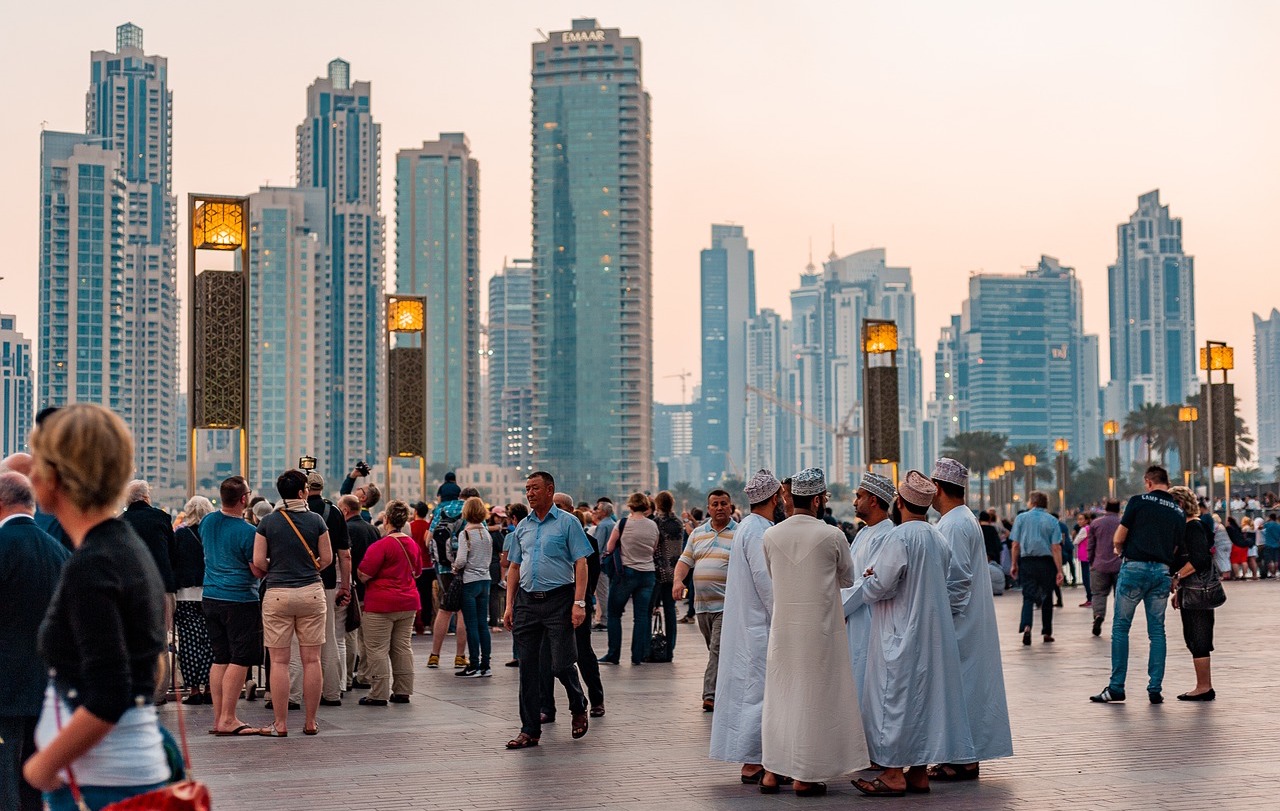
A coalition of 15 human rights and civil society organizations on Jan. 25 published a joint statement protesting the United Arab Emirates’ new cybercrime law, saying it “severely threatens and unduly restricts the right to freedom of expression (both online and offline) and the rights to freedom of association and of peaceful assembly” in the country.
Federal Decree-Law No. 34 of 2021, which came into effect on Jan. 2, replaced the UAE’s former Federal Law No. 5 of 2012 on Combatting Cybercrime. Like its predecessor, the new law criminalizes acts that are otherwise protected under international law such as calls for peaceful assembly without obtaining approval from authorities. However, it also implements greater restrictions on civic space and free speech.
The letter says that the language of the statute creates ambiguity prone to misuse, especially regarding issues related to “national security,” which provide the authorities with “excessive discretion to…impose lengthy prison sentences on individuals exercising their rights to freedom of expression and peaceful assembly.” The wording of these provisions is so broad that they can be used to target journalists, whistle-blowers, activists, and peaceful critics of the government.
The letter notes that the law stipulates no maximum prison sentence for acts that “harm the State’s interests,” which violates Article 19 of the Universal Declaration of Human Rights.
The organizations called on the UAE administration to repeal the law or significantly amend it so that it is in consonance with international human rights standards and laws.
From Jurist, Jan. 26. Used with permission.
Photo: Pixabay




